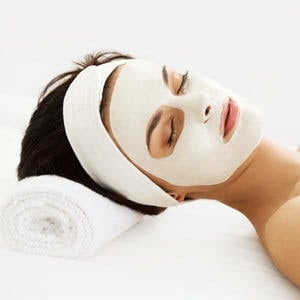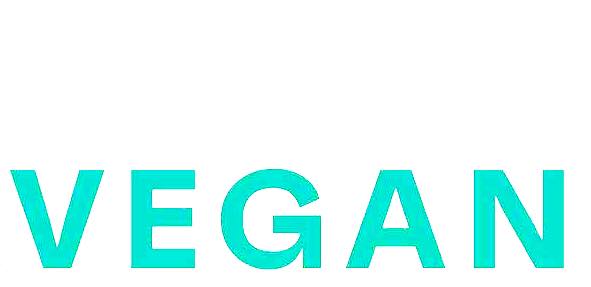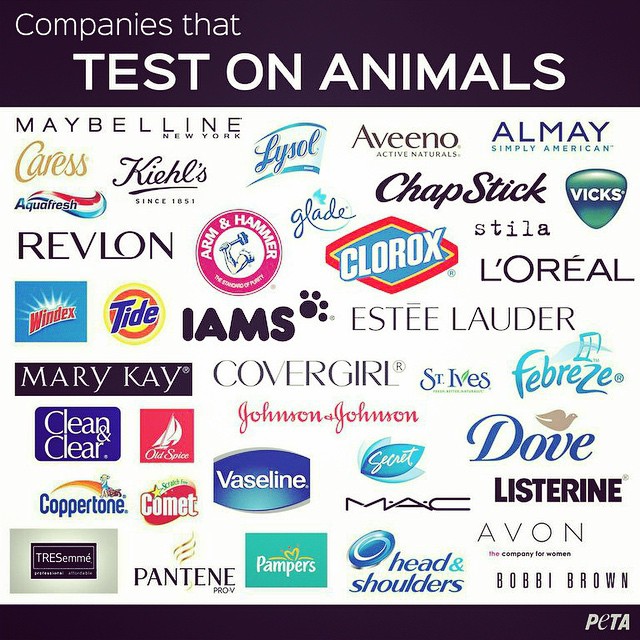Difference Between Natural and Safe Beauty Ingredients – And Why It Matters
Everyone deserves fresh, clean, and safe beauty products. From body to hair care, consumers are more mindful than ever of the ingredients in their products – and for good reason.
Unfortunately, many people have a different idea of clean beauty than industry marketings do. Countless labels boast about their “natural” and “eco-friendly” ingredients – but the truth is that regulations for natural beauty products are still very limited, and these terms can be nearly meaningless.
This makes it hard to trust beauty brands and their claims, especially when it comes to natural ingredients.
In 2022, many popular dry shampoo products were recalled because they contained unsafe levels of benzene – and many of these items came from brands that supposedly pride themselves on creating safe, eco-friendly products.
So, how can we discern if beauty product ingredients are truly natural and whether or not they’re safe to use? That’s what we want to talk about today.
Read on to learn more about how to navigate bold marketing claims and find the safe beauty products right for you.

Natural vs. Safe: What’s the Difference?
When shopping for safe beauty products, you’ll likely see the word “natural” plastered all over. For eco-conscious consumers, this label sounds reassuring – but it’s often deceiving.
Many consumers are unaware that the beauty and skincare industry is one of the least regulated product sectors in the entire world. It’s all too easy for brands to market their products as “all-natural,” considering there’s no regulatory body checking the accuracy of these claims or making sure the product is safe.
In fact, many brands will label a product as natural just because it contains mineral or plant-based ingredients. Some brands even label animal byproducts as “natural ingredients,” including things like carmine (crushed-up beetles) or allantoin (cow urine).
Just recently, Dove was embroiled in the dry shampoo recall, as their product contains benzene – an ingredient that can be formed by natural processes. Benzene has been found to increase your risk of developing cancer – so it’s obviously not a “good” natural ingredient.
However, the marketing on the Dove website tells a different story. They claim to “find natural ingredients that offer the levels of care for skin and hair that you can expect from a Dove product.”
Fortunately, we are starting to see changes in federal regulations in regard to beauty labels. The Modernization of Cosmetics Regulation Act of 2022 expanded the FDA’s ability to regulate cosmetic products. This new legislation gives the FDA the ability to recall cosmetic products, access safety records, and require cosmetic brands to create product listings with the FDA. However, this new law still doesn’t fully regulate cosmetic marketing claims.
Long story short: just because a brand claims to use natural ingredients doesn’t necessarily mean they’re safe to use in the long run. Natural does not equate to trustworthy, clean, or eco-friendly.
What is Greenwashing?
Deceptive claims like those by Dove are part of a deceptive practice called greenwashing. Dove isn’t the only brand to use greenwashing claims – in fact, these false claims have been sweeping the beauty and skincare industries.
Greenwashing is a practice that companies use to make their products appear more environmentally friendly or sustainable than they actually are. It involves misleading marketing tactics like eco-friendly buzzwords, symbols, and packaging to create the illusion of being environmentally conscious.
Unfortunately, many companies that make these claims fail to meet sustainability standards. They may even engage in practices that actively harm the environment. Because greenwashing has become so common, it’s more important than ever to understand the ingredients in your beauty products – and to hold these deceptive brands accountable.

Consider Shopping for Vegan Beauty Products
If you’re struggling to find safe beauty products you can trust, focus on shopping for vegan beauty brands, rather than “natural.”
Vegan beauty products don’t contain any ingredients derived from animals. Many non-vegan beauty products have animal ingredients like ground hooves or liver oil hiding in them – probably not things you want to put on your face and body.
Keep in mind that vegan products aren’t automatically synonymous with being “natural,” as they might still contain man-made chemicals. However, brands committed to using vegan ingredients often have shorter ingredient lists, which makes it easier for you to check these chemicals out.
Most vegan brands also go the extra mile to use sustainable packaging and steer clear of animal testing. While a vegan label doesn’t necessarily guarantee natural ingredients, it does increase your chances of finding a trustworthy brand that prioritizes your safety. Below are a few familiar brands that do test on animals.

Vegan vs. Cruelty-Free: What’s the Difference?
Many consumers confuse ‘vegan’ and ‘cruelty-free’ labels when shopping for beauty products, but they are distinctly different. Vegan products don’t contain any animal ingredients, while cruelty-free products are not tested on animals.
Many beauty products are both cruelty-free and vegan. However, it’s possible for a beauty product to fit one or the other of these labels, but not both. Be sure to check for both labels when shopping for beauty products.
Which Products Are Really Cruelty-Free and Vegan?
It’s often difficult to verify whether your beauty products are cruelty-free or vegan. Unfortunately, the government doesn’t currently require brands to be forthcoming with this information.
However, there are many ways to actively check a beauty product’s vegan and cruelty-free status. One method is to look for the certified cruelty-free leaping bunny logo on your product labels.
This logo is managed by the Coalition for Consumer Information on Cosmetics. It is widely used in the US, Canada, China, and many other countries around the world. In order to use this logo, a brand must refrain from animal testing throughout the entire animal testing process.
Another useful approach is to consult online cruelty-free databases. For example, PETA has a comprehensive database of over 6,000 companies that don’t test on animals.
There are also many mobile apps that have been launched in recent years to provide more information about popular beauty products so you can determine whether or not they’re vegan, cruelty-free, or “clean.” Think Dirty is the most popular of these apps, but other popular options include CosmEthics, Detox Me, and EWG Healthy Living.
Final Thoughts
With so many conflicting claims out there, it’s difficult to know which beauty products to trust. This is why it’s so important to do your own research when choosing which beauty products to add to your routine.
Ultimately, a “natural” label doesn’t necessarily mean a product is safe. Next time you’re shopping for beauty products, be sure to look at the ingredients behind the labels and prioritize other labels that are more trusted.
